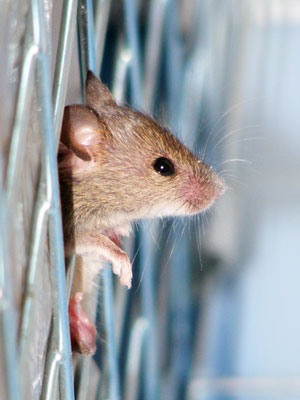All Nonfiction
- Bullying
- Books
- Academic
- Author Interviews
- Celebrity interviews
- College Articles
- College Essays
- Educator of the Year
- Heroes
- Interviews
- Memoir
- Personal Experience
- Sports
- Travel & Culture
All Opinions
- Bullying
- Current Events / Politics
- Discrimination
- Drugs / Alcohol / Smoking
- Entertainment / Celebrities
- Environment
- Love / Relationships
- Movies / Music / TV
- Pop Culture / Trends
- School / College
- Social Issues / Civics
- Spirituality / Religion
- Sports / Hobbies
All Hot Topics
- Bullying
- Community Service
- Environment
- Health
- Letters to the Editor
- Pride & Prejudice
- What Matters
- Back
Summer Guide
- Program Links
- Program Reviews
- Back
College Guide
- College Links
- College Reviews
- College Essays
- College Articles
- Back
Animal Testing: Inhumane and Unnecessary
Think about all the products that you used today: maybe you used cosmetics this morning, or took a medication, or used a household cleaner. Now imagine that for each of these products, a dozen or more innocent animals died during the testing of it. Each year, millions of animals, ranging from mice to monkeys, suffer through the cruel and inhumane practice of animal testing. These helpless creatures are kept in tiny, filthy cages, subjected to painful and gruesome tests, and even killed in the process of testing common consumer products. Companies routinely torture and kill innocent animals, all in the name of human safety. However, animal testing provides inaccurate, misleading, and unhelpful results. Many products, most famously thalidomide in the 1970’s, have been proven safe when tested on animals, but caused horrific side effects when used on humans. It would be one thing if animal testing actually helped to save human lives, but false results in these tests in fact does more harm than good. Testing products on animals fails to provide benefits for humans, so there’s no need for companies to continue wasting the lives of millions of animals. As a consumer, you can help by buying products that haven’t been tested on animals, so next time you open up your cosmetics, or medicine, or household cleaner, you’ll know that the only cost of that product was your money, not an animal’s life.

Similar Articles
JOIN THE DISCUSSION
This article has 2 comments.
